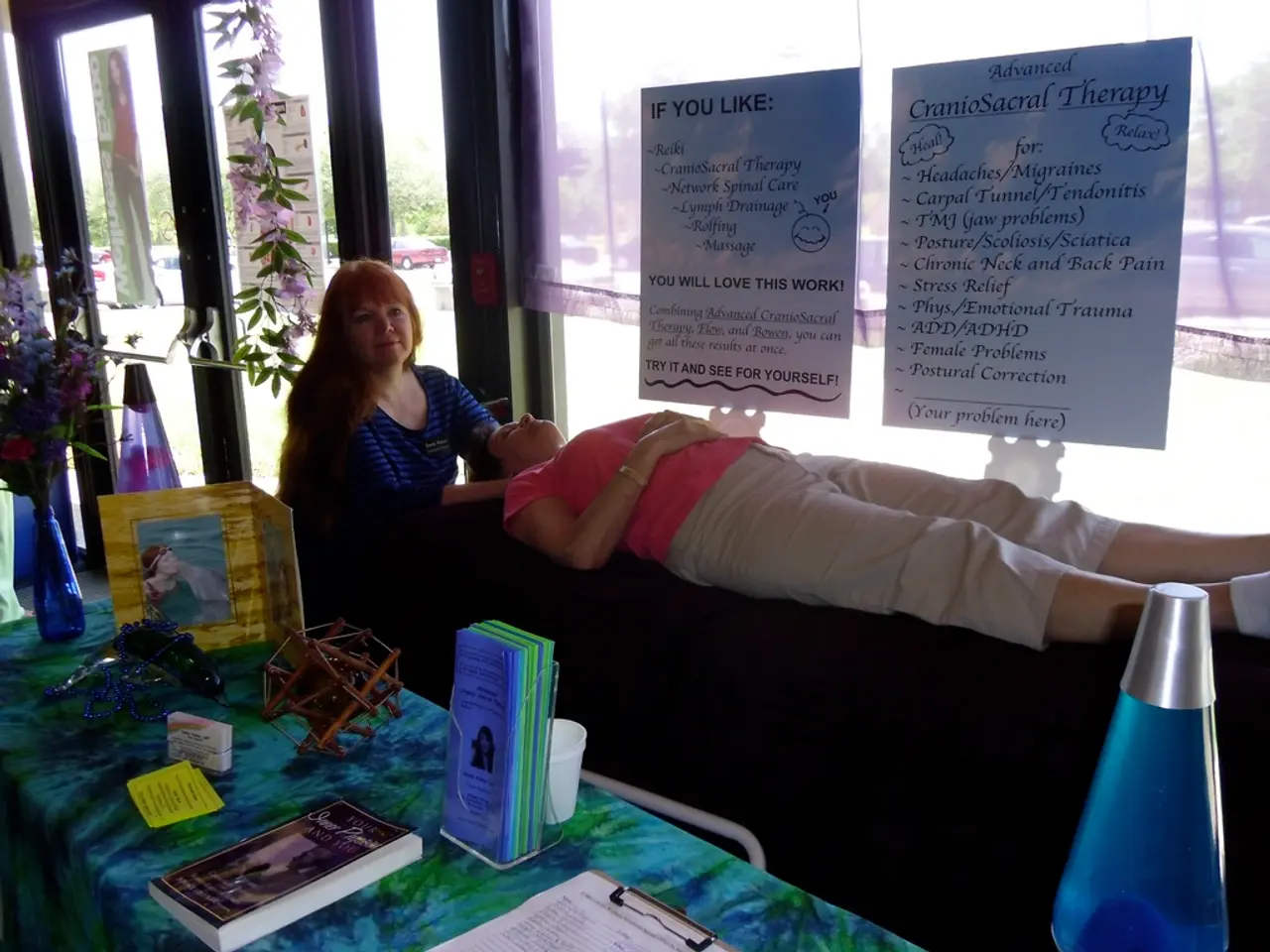Connection Between Social Anxiety and Melancholy Depression
Social Anxiety, also known as "social phobia," is an anxiety disorder that affects millions of people worldwide. It can lead to feelings of fear, self-consciousness, and avoidance of social situations, often resulting in depression.
Social anxiety isn't a symptom of depression, but the two conditions can occur together. Living with depression can make you more likely to experience social anxiety, and vice versa. This co-occurrence can make it challenging to manage symptoms with usual anxiety treatment approaches, leading to stronger feelings of hopelessness.
Research suggests that the chemical imbalances and brain differences that may come with social anxiety can make individuals more sensitive to other people's facial expressions, increasing the likelihood of perceiving rejection or judgement from others. This heightened sensitivity can contribute to feelings of inadequacy, sadness, or shame, sometimes mimicking or causing depression.
Fear around social situations is the main feature of social anxiety, according to the Diagnostic and Statistical Manual of Mental Disorders, 5th edition (DSM-5). A person showing an increased susceptibility to anxiety in social situations from childhood onward, fearing being the center of attention or behaving embarrassingly, or avoiding social situations because of this fear, may indicate Social Anxiety Disorder.
The good news is, there are treatments available. Antidepressants like selective serotonin reuptake inhibitors (SSRIs) and serotonin-norepinephrine reuptake inhibitors (SNRIs) are often prescribed to treat depression that occurs alongside an anxiety disorder. Your doctor might also recommend benzodiazepines, an anti-anxiety medication, to avoid panic attacks in situations that might cause you a lot of anxiety.
Online Cognitive Behavioural Therapy (CBT) has been found helpful for reducing symptoms of both social anxiety and co-occurring depression. Connecting with support, especially online, can be beneficial for people with social anxiety.
New habits such as a bedtime routine, intentional snack breaks, or walking plans could support managing symptoms of social anxiety and depression. A history of adverse childhood experiences (ACEs) may make you more likely to have social anxiety, so taking care of your mental health from a young age is crucial.
If you have a first-degree relative with social anxiety disorder, your chance of experiencing it increases 2 to 6 times. If you suspect you might have social anxiety, it's important to seek help. Psych Central's guide to finding mental health care can be an excellent first step for those ready to seek help but don't know where to begin.
Research from 2019 indicates that while women are more likely to experience severe social anxiety symptoms, men may be more likely to seek treatment for it. Regardless of gender, it's crucial to remember that seeking help is a sign of strength, not weakness.
Living with co-occurring social anxiety and depression may lead to lower levels of self-acceptance compared to having just one of those conditions. However, with the right support and treatment, it's possible to manage these conditions and improve one's quality of life.
Read also:
- Understanding Hemorrhagic Gastroenteritis: Key Facts
- Stopping Osteoporosis Treatment: Timeline Considerations
- Tobacco industry's suggested changes on a legislative modification are disregarded by health journalists
- Expanded Community Health Involvement by CK Birla Hospitals, Jaipur, Maintained Through Consistent Outreach Programs Across Rajasthan








